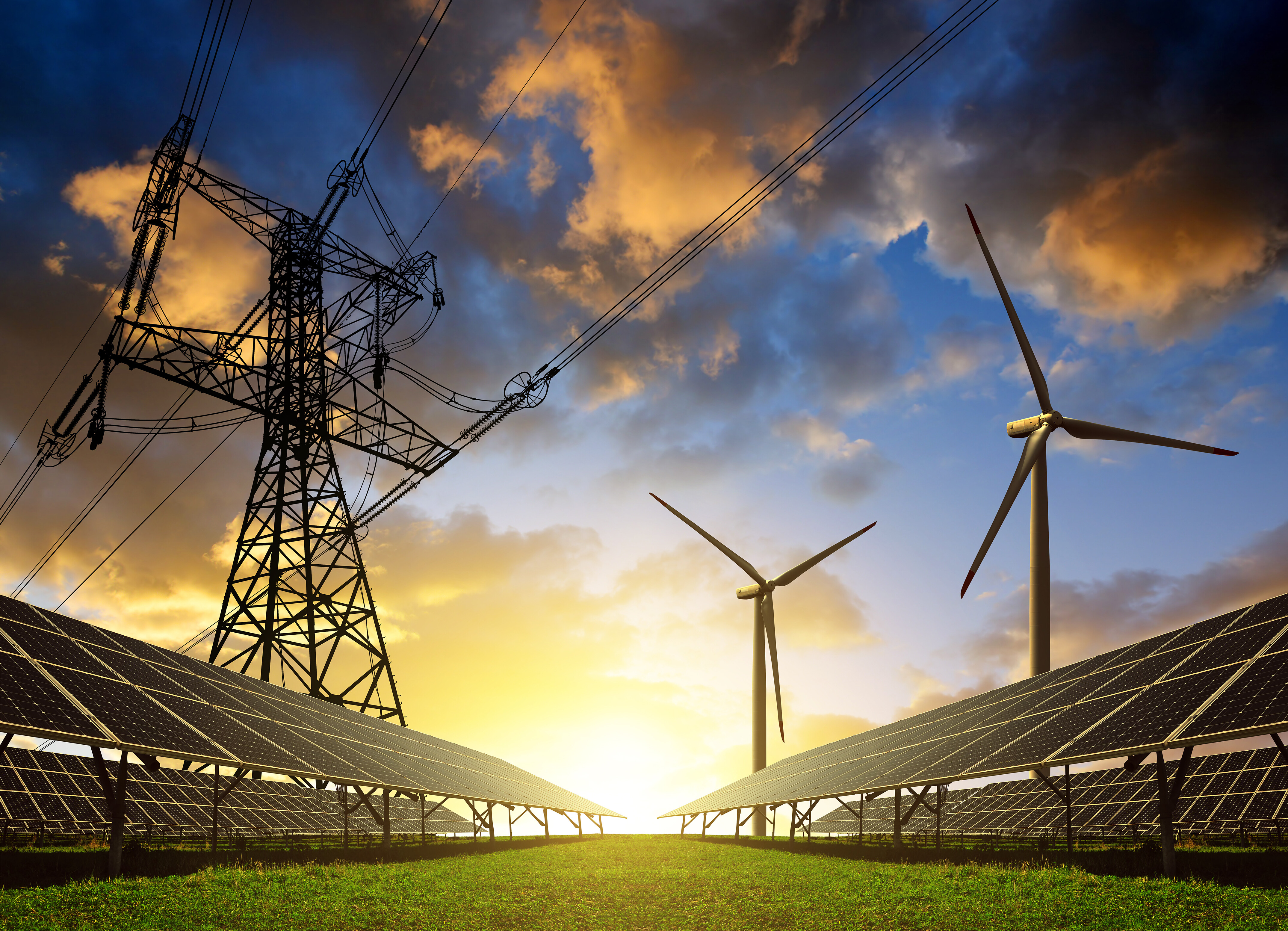We live in a post-truth age. Companies need to rebuild trust

Trust in government is weakening around the world, even as the global economy recovers. Image: REUTERS/Ivan Alvarado - GF2000007113
It is becoming increasingly clear that the accelerating pace of technological and social change is one of the major challenges of our time. The Global Risks Report 2018 (GRR), an annual report published by the World Economic Forum in collaboration with risk experts, including Zurich, notes that it is, “testing the absorptive capacities of institutions, communities and individuals”.
The GRR highlights how increasingly interconnected global challenges such as climate change, population ageing and growth, big data, artificial intelligence, automation, shifting geopolitical power, immigration and rising nationalism pose systemic risks that hold the potential for “runaway collapse” or an abrupt transition to a new, sub-optimal status quo.”
Such systemic risks require a coordinated global response driven by strong leadership and a firm focus on long-term value creation over short-term gain. We need to reinforce global institutions and mechanisms for cooperation and overcome difference in values to preserve our global commons and deliver a sustainable and prosperous future for the generations to come. In the words of American architect, author and inventor Richard Buckminster Fuller: “We are called to be architects of the future, not its victims.”
Declining trust
Mustering such a response, however, looks increasingly difficult as faith in our institutions continues to decline. We now live in a “post-truth” age, where our collective perception of reality often appears to be driven by emotion rather than fact. The 2018 Edelman Trust Barometer, which surveyed more than 33,000 people in 28 countries, found that fewer than half of respondents in 20 of those countries said that they trusted governments, businesses, media or NGOs to do what is right. That is a slight deterioration from 2017, where 19 countries were net “distrusters”.
The report noted: “As we begin 2018, we find the world in a new phase in the loss of trust: the unwillingness to believe information, even from those closest to us. The loss of confidence in information channels and sources is the fourth wave of the trust tsunami.
"The moorings of institutions have already been dangerously undermined by the three previous waves: fear of job loss due to globalisation and automation; the Great Recession, which created a crisis of confidence in traditional authority figures and institutions while undermining the middle class; and the effects of massive global migration. Now, in this fourth wave, we have a world without common facts and objective truth, weakening trust even as the global economy recovers.”
In Latin America, the Forum’s latest executive opinion survey, which informs the GRR, once again found that failure of national governance was the biggest risk identified by business leaders, followed by unemployment and social instability.

Building consensus
It seems apparent that if this decline in trust persists, it will permanently undermine social cohesion, opening the door further to ideological politics and nationalism, and devalue our social institutions.
Leaders need to act decisively to restore public confidence and a sense of shared collective responsibility. In a world of increasing social distrust, business executives in particular need to consider new ways of doing things, starting with how we manage our closest relationships with our customers and employees, including:
⦁ Giving businesses a purpose that goes beyond profit towards making a positive contribution to society
⦁ Implementing credible environmental and sustainability goals within organizations
⦁ Engaging with younger generations to win their support and gain insight into how interconnectivity, virtual communication and the emerging technologies of the Fourth Industrial Revolution are changing behaviours and necessary brand attributes
⦁ Embracing diversity with an approach that goes beyond gender, ethnicity or sexual orientation; the challenge is to create an environment which encourages diverse opinions and ideologies, and promotes an unbiased, intellectually honest debate to build genuine trust
⦁ This will require a shift from traditional leadership to a more inclusive, less directive and more collaborative approach that fosters a flexible, less formal environment for younger employees
⦁ Aligning targets and incentives with long-term goals rather than short-term profits
⦁ Investing in training and career development to take advantage of the experience of an ageing population while capturing the energy and innovation of more digitally-aware younger generations.
None of the above can be done without a genuine change in our own mindsets. In order to change behaviours and drive change with a long-term purpose, we first need to revisit our own line of thinking and our own set of values and then, if we dare to take the necessary steps, move ahead, boldly. There is simply no other choice. Either we drive our own evolution or it will be done for us by the evolving context. And that, we cannot manage.
Don't miss any update on this topic
Create a free account and access your personalized content collection with our latest publications and analyses.
License and Republishing
World Economic Forum articles may be republished in accordance with the Creative Commons Attribution-NonCommercial-NoDerivatives 4.0 International Public License, and in accordance with our Terms of Use.
The views expressed in this article are those of the author alone and not the World Economic Forum.
Stay up to date:
Global Risks
Related topics:
Forum Stories newsletter
Bringing you weekly curated insights and analysis on the global issues that matter.
More on Global RisksSee all
Allison Shapira
November 14, 2025







